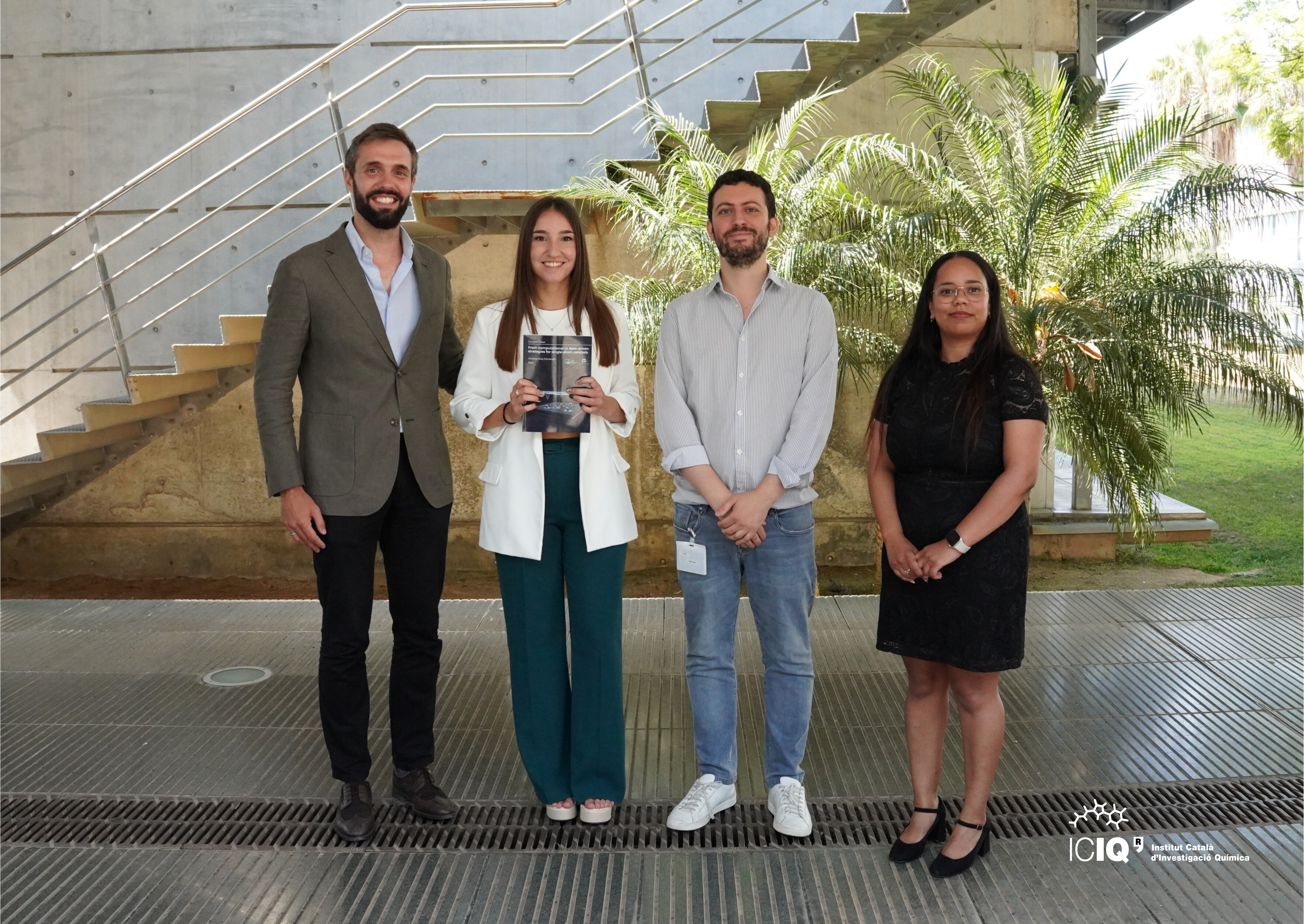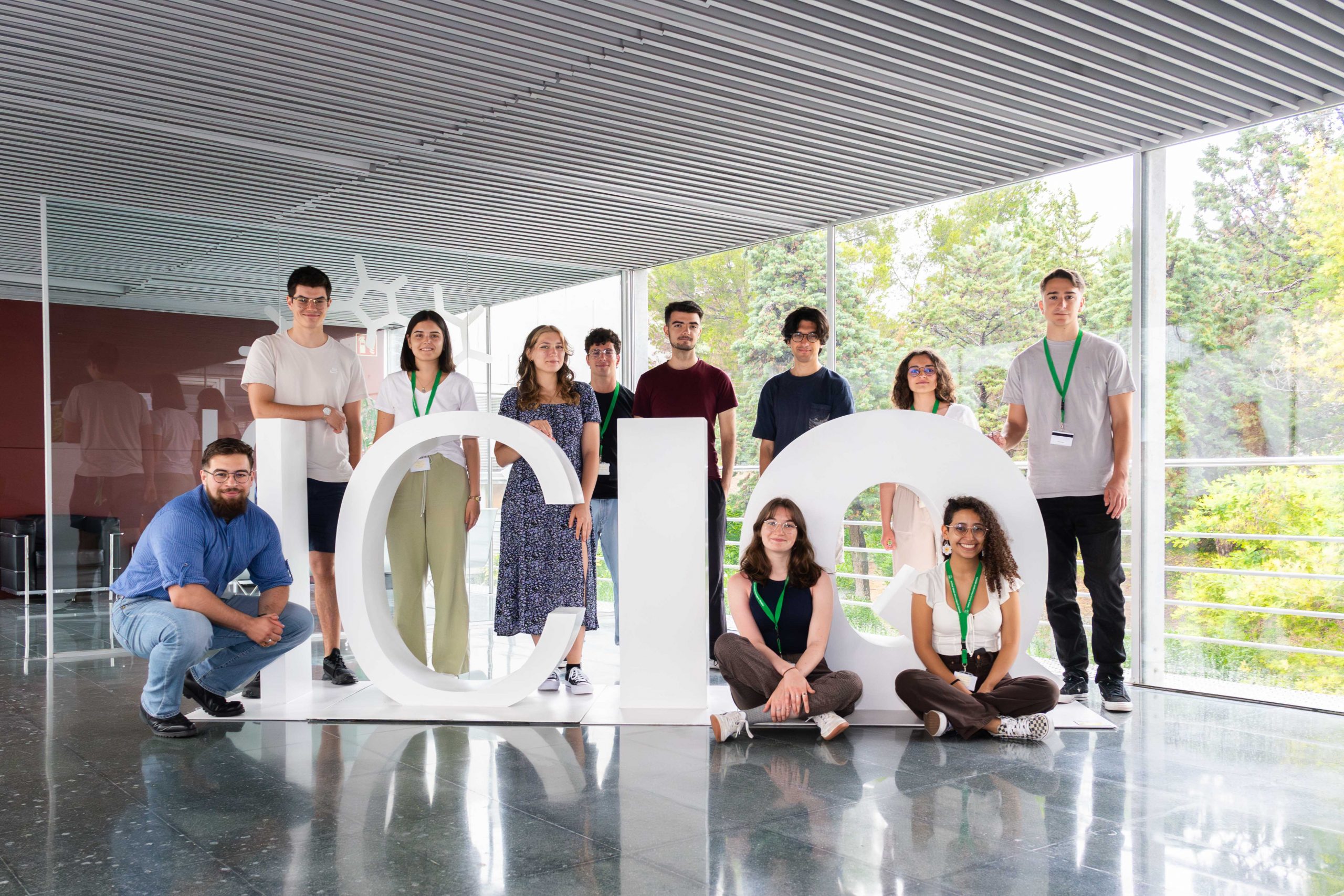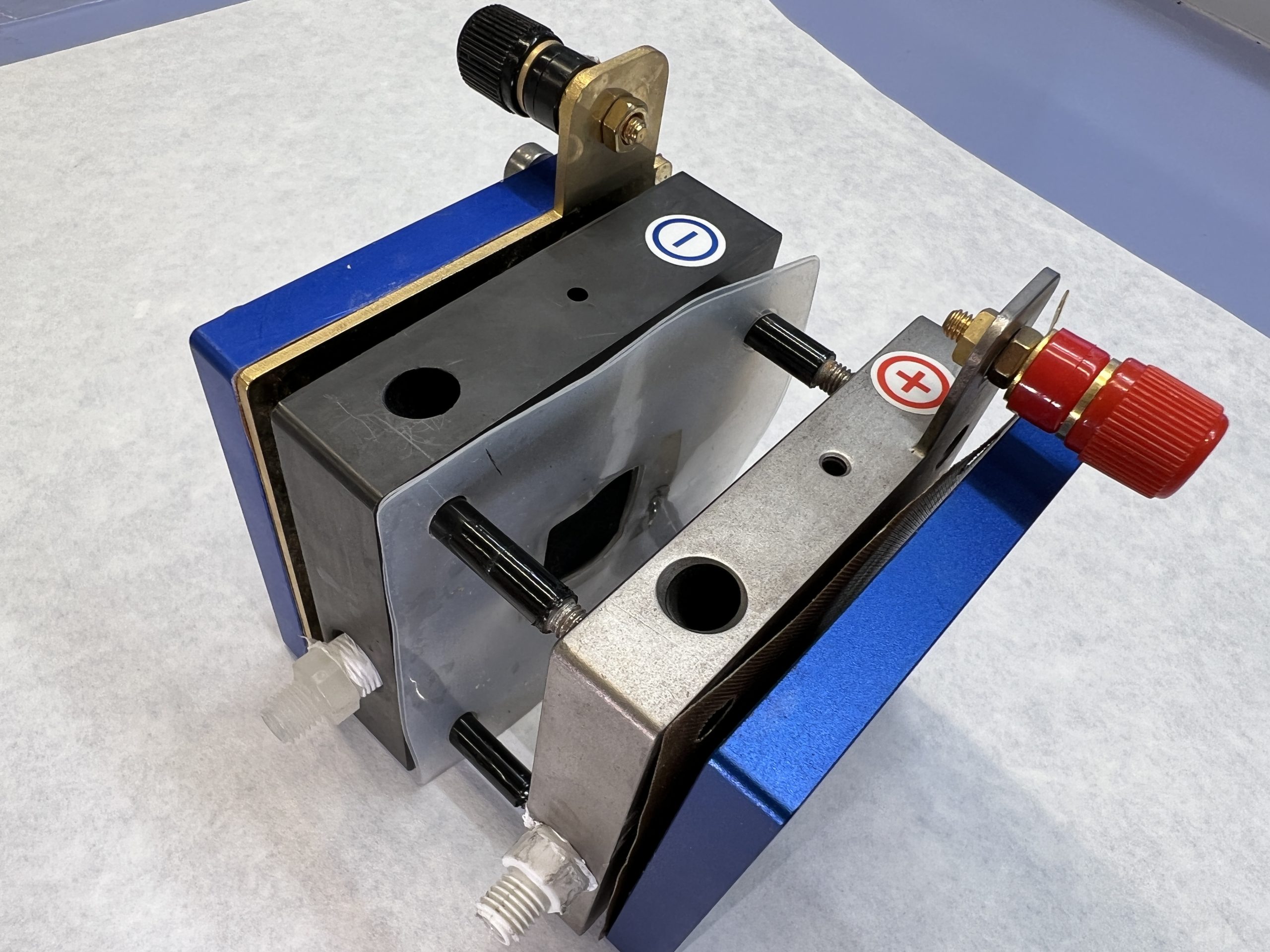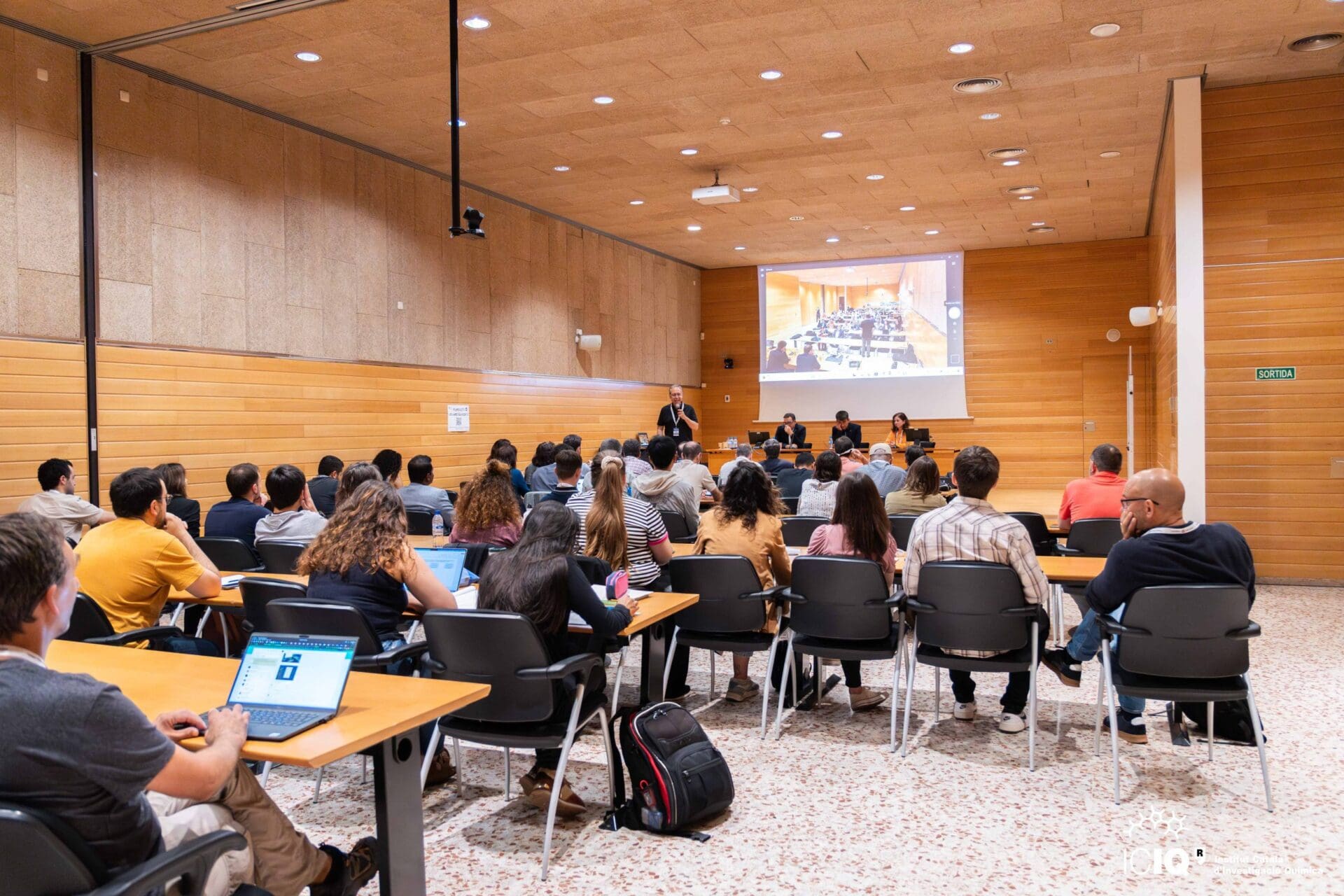New catalysts towards sustainable, cheaper sweeteners
New catalysts produce sweeteners in a cheaper, more selective way
Qiang Li and Prof. Núria López performed the computational calculations included in this study.
Sugar alcohols are applied in the food, pharmaceutical, polymer, and fuel industries and are commonly obtained by reduction of the corresponding saccharides. Now, researchers at ETH and ICIQ created a molybdenum heteropolyacid-based catalyst to transform glucose, arabinose, and xylose into less-abundant mannose, ribose, and lyxose, respectively. Then, these sugars are hydrogenated over ruthenium catalysts to yield the desired polyols with outstanding kinetics.
Qiang Li and Núria López (ICIQ) performed the computational calculations that explain the adsorption mechanisms and the low energy barrier for the addition hydrogenation state. This study opens a prospective route to the efficient valorization of renewables to added-value chemicals. ‘Thanks to the powerful resources of the Barcelona Supercomputing Center and the Spanish Supercomputing Network we were able to model catalytic processes with an unprecedented level of precision and complexity,’ says López. ‘This new approach increases the potential applications of biomass in industry,’ she concludes.
Catalyst and Process Design for the Continuous Manufacture of Rare Sugar Alcohols by Epimerization–Hydrogenation of Aldoses
G.M. Lari, O.G. Gröninger, Q. Li, C. Mondelli, N. López, J. Pérez-Ramírez.
ChemSusChem, 2016, DOI: 10.1002/cscc.201600755
For news media: / Para periodistas:
Related news

Let's create a brighter future
Join our team to work with renowned researchers, tackle groundbreaking
projects and contribute to meaningful scientific advancements
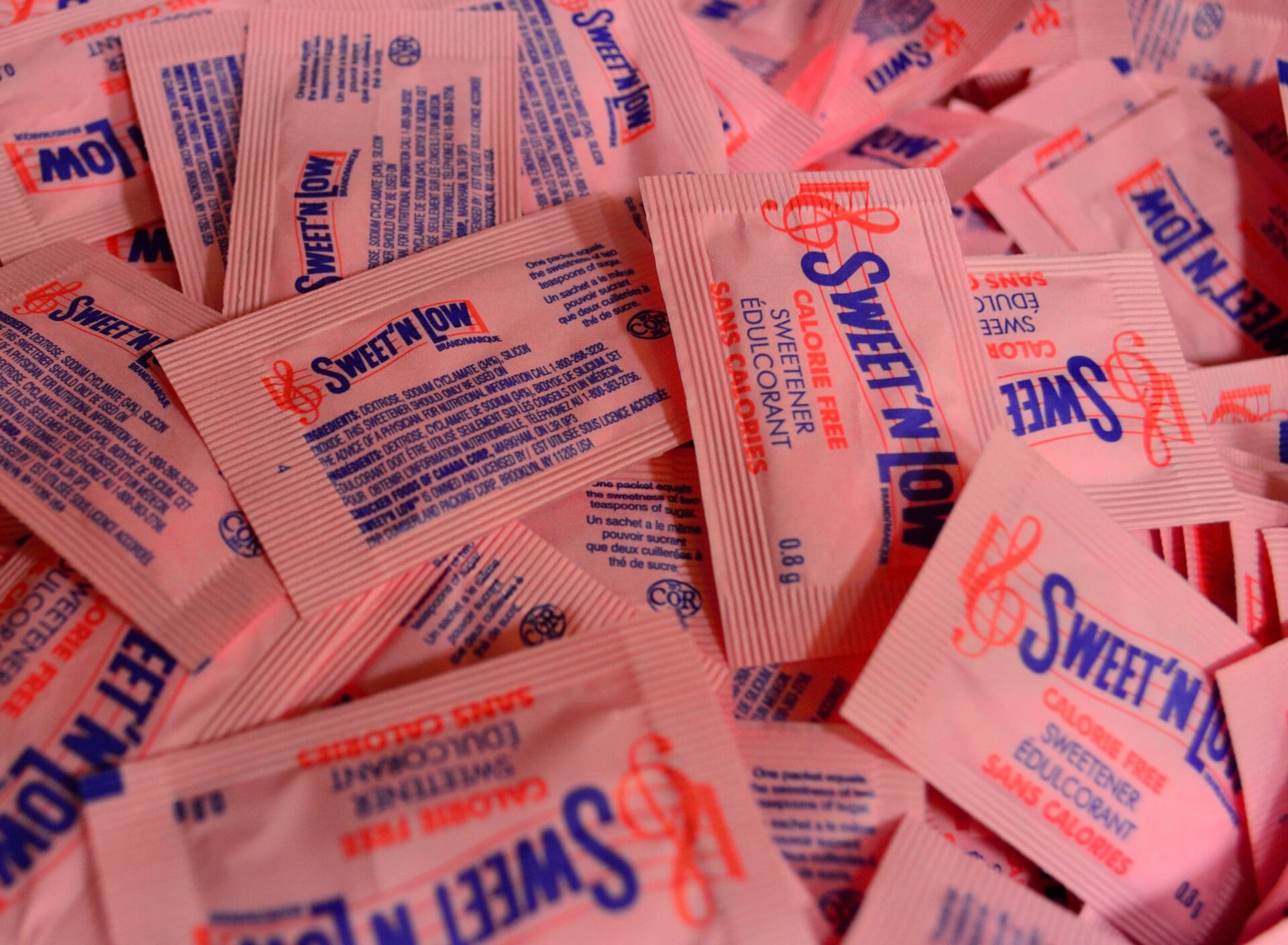





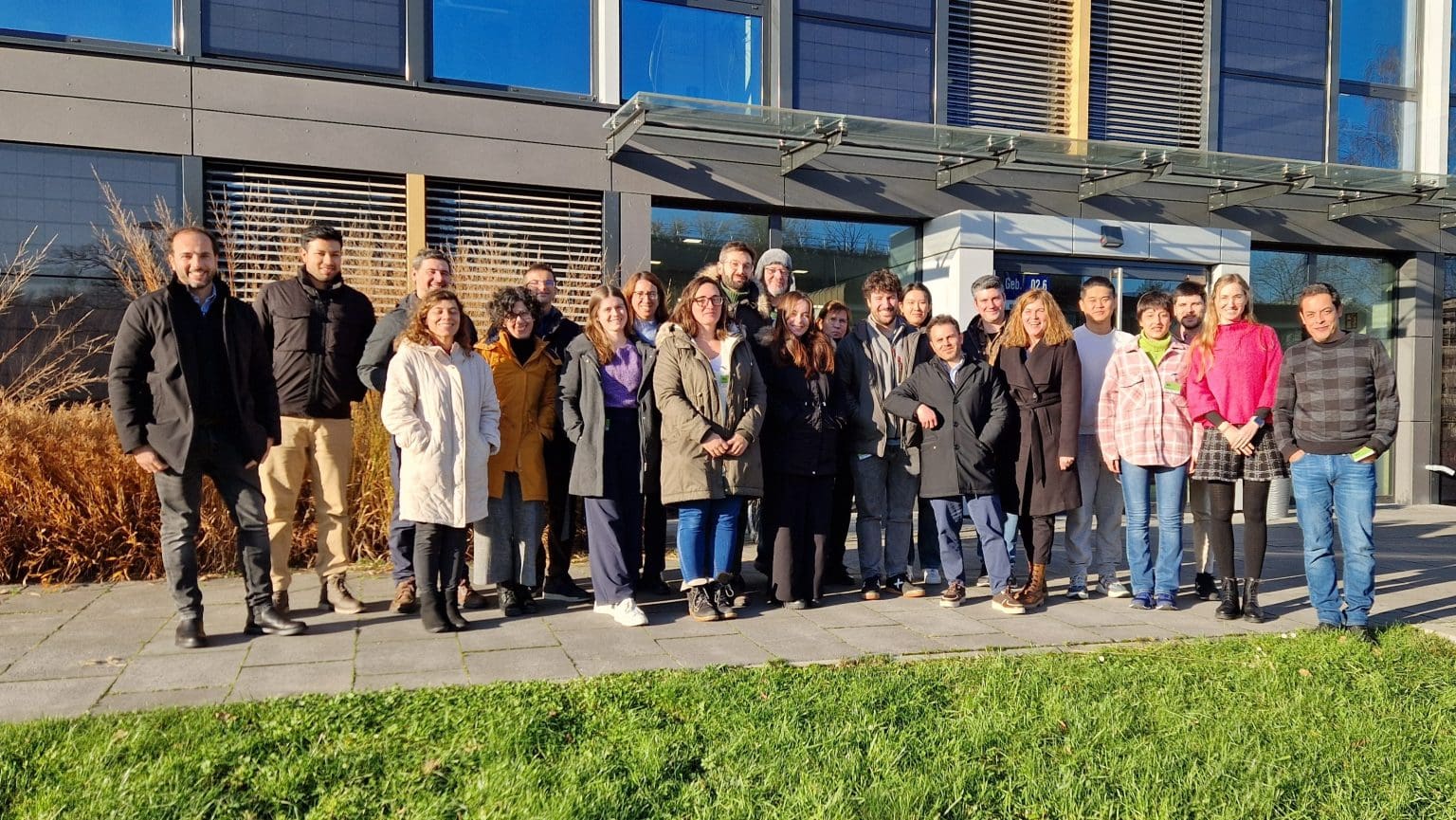
 05-12-2024
05-12-2024 
